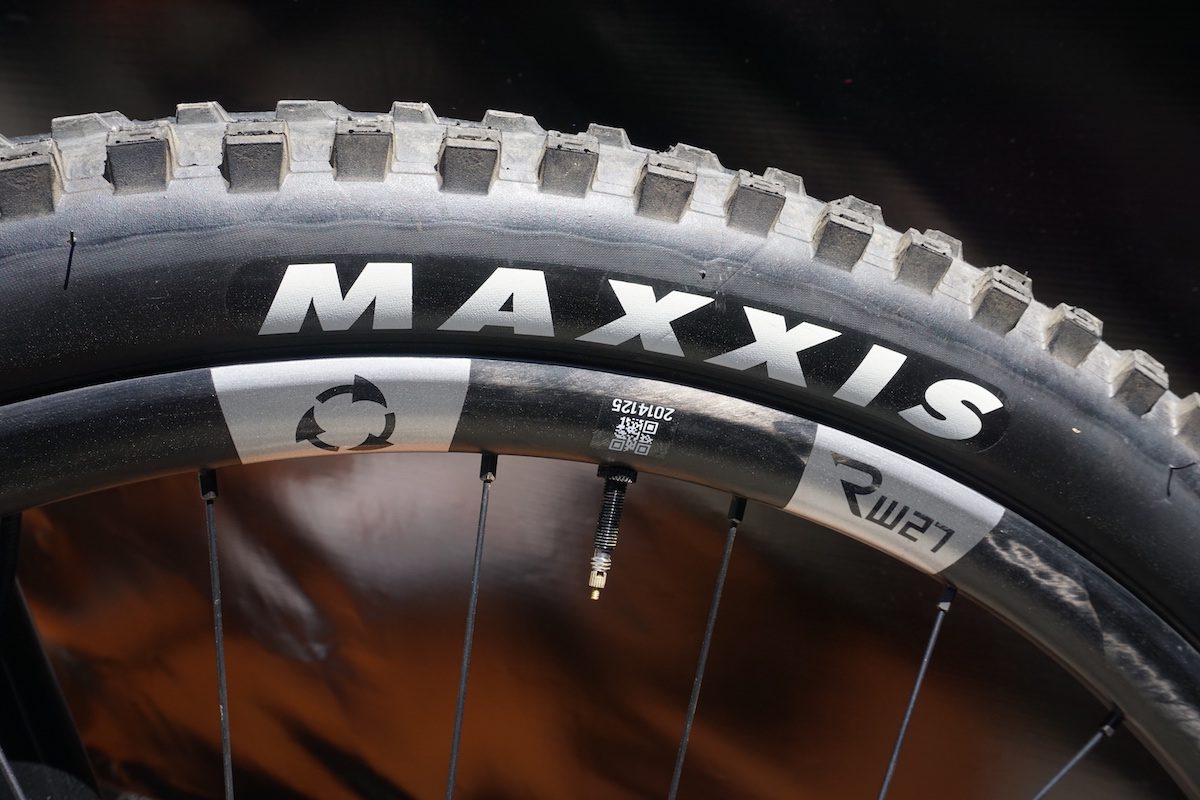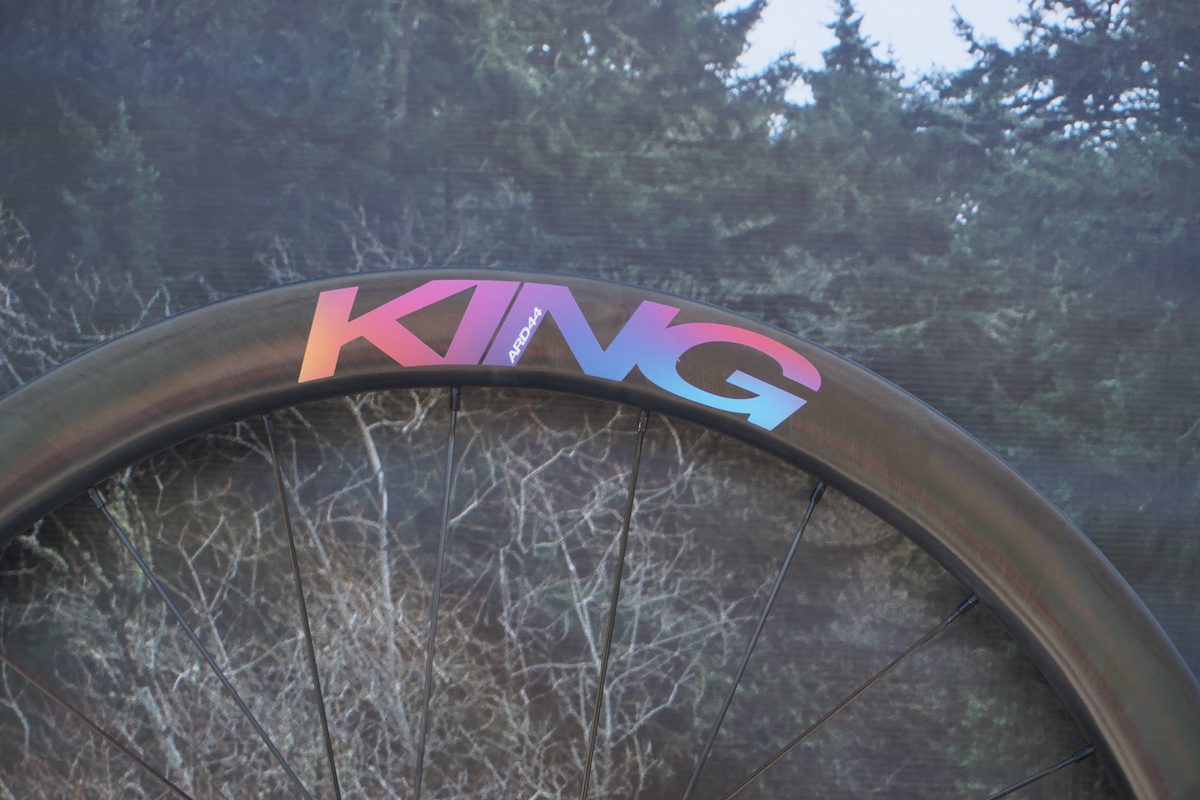A significant domestic carbon fiber manufacturer that supplied several major brands just shut down. Utah-based CSS Composites built OEM wheels and frames for brands like Chris King, Bongrager, Evil and Revel as well as under its own brand, Forge+Bond. It ceased operations on Sept. 30 due to financial difficulties.
Lifetime warranties up in the air
CSS Composites’ immediate shut down, first reported by The Radavist, leaves those brands, and their customers, in a lurch. That’s big news for anyone who forked out extra cash for the reassurance of a lifetime warranty. According to CSS Composites letter sent to its OEM customers:
“Effective today, CSS Composites will cease to provide all OEM services relating to its composite bicycle rims manufacturing business, including: Manufacturing, Customer Service, Replacement and Repair Services, and Administrative Operations. If you previously submitted requests for a service, repair or replacement that has not been fulfilled, unfortunately, that service will not be able to be provided.”
Its unclear at this point what the brands using CSS Composites-made wheels, like King, Revel and Bontrager, and offering replacement warranties will do to support customers. Revel and Chris King use, or used, carbon fiber made by CSS for some wheels. Forge+Bond wheel owners are, unfortunately, out of luck. Bontrager, which used thermoplastics from CSS for its OCLV NEXT rims, will at least have the option of offering customers other options from its array of carbon fiber wheels, but it does put a dent in Trek’s plans to shift to a more carbon-neutral operation.
 Revel was early to commit to FustionFibre, building its rims form the recyclable material and even making a concept DH bike from it.
Revel was early to commit to FustionFibre, building its rims form the recyclable material and even making a concept DH bike from it.
Is there still a future for green(er) carbon fiber?
CSS Composites shut-down isn’t just another sad day and sign of struggles for the cycling industry. The Utah brand was one of the few really pursuing a greener approach to carbon fiber frames and components. It’s process, creating “carbon fiber reinforces thermoplastics,” allowed for some level of recycling and re-use of carbon fibre. And carbon fiber otherwise notoriously difficult to recycle at all.
While CSS Composites was just beginning to make use of the process it developed to recycle components made from its thermoplastics, it was at least a start. A start in a direction few in the industry are moving. Under Forge+Bond, recycled thermoplastics from its wheels were used to create tire levers.
Revel Bikes had briefly experimented with using thermoplastics from CSS to 3-D print a frame. It went as far as making the Rodeo, a very real but not for sale, concept bike from the material. Losing CSS Composites’ support for its rims could be another blow to the recently-resurrected U.S. brand.
Revel shows off the Rodeo: a world’s first 3D-printed full-suspension mountain bike
The end of CSS Composites could mean the end, or at least stalling out, of this green initiative in an otherwise very wasteful corner of cycling. It’s unclear if any other brand will be able to acquire CSS Composites technology and manufacturing process to continue the development of recyclable thermoplastics. But it’s not a great time in the industry for brands to be making significant investments like that.

